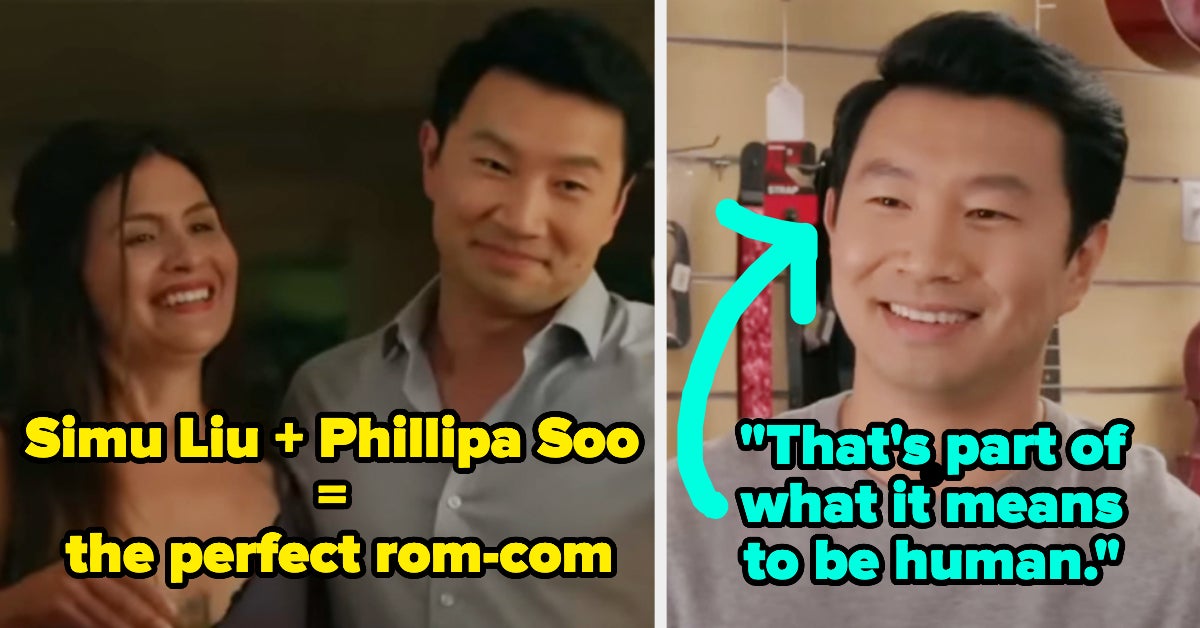[ad_1]
I remember meeting her for the very first time on set. I was so nervous because she was such a hero of mine. I remember I bought the most expensive bottle of wine that I could find because I heard that she liked wine (which is not untrue, by the way). And I heard that she was on stage rehearsing. I went over, and I had this image of this larger-than-life, intimidating, powerful woman – not that she isn’t powerful, I want to be very clear – but I came up to her and was like, “Hello, Michelle. I just wanted to say how much of an honor it is to be able to work with you and how excited I am.” And she just about snatched the wine out of my hands and was like, “Yeah, yeah, yeah, thank you. You and I, we’re gonna have a great time.” And it just was indicative of that warmth and radiance that she exudes every single day.
She is nothing but kind, compassionate, so supportive, and she deserves every ounce of the success and accolades that she’s gotten because she’s also immensely talented, such a master of the craft, of all things. And when you look back at her at her resume, she truly is a great, an onscreen and Hollywood great, and a legend, and an icon. It’s about time that we recognized her.
Are there any projects you’d like to make with her one day?
I will be in anything and everything with her. She’s just the best.
You’ve previously said that you hoped Shang-Chi would make kids feel “proud to be Asian.” Were there any actors, TV shows, or movies that made you feel that way growing up?
There were moments of pride that I felt watching Jackie Chan movies and Jet Lee movies. I think those were one of the few spaces where it felt like Asian-ness was being celebrated in some way, shape, or form. But at the same time, I was also very aware that it produced some sort of a stereotype, maybe some sort of an expectation to a movie-going audience that every time we saw an Asian man on screen, they had to be doing some sort of martial arts. Otherwise, why are we watching them? There was very little else that we were known for.
And finally, how have your recent projects improved Asian representation in comparison to older TV shows/movies?
What I think we were able to do with Shang-Chi was that we were able to celebrate martial arts, in all of the badassery that it is – and sure, had those incredible sequences – but we said if you’re going to watch the martial arts, you’re also going to watch this character study. You’re going to watch this character’s Relationship with his father, and you’re gonna watch this character deal with generational trauma. And those things are more relatable, and I think more humanizing, than just the martial arts.
And so, that’s a big part of why I wanted to do a project like One True Loves, because it did feel like such a different direction and a refreshing direction. I feel like we do need to see different faces as romantic leads and protagonists fighting for love or dealing with love, heartbreak, anxiety, anxiousness, and everything in between. That’s part of what it means to be human. If nothing else, I want my career to have contributed to humanizing the lives and the cultures of Asian Americans.
[ad_2]
Source link
